Eid al-Adha : Saudi Arabia's Hajj pilgrimage in pictures
Almost two million Muslims made the Hajj pilgrimage this week, despite stampedes causing the deaths of more than 2000 people last year. Photographer Nariman El-Mofty captured the faithful on the first day of Eid in Mina
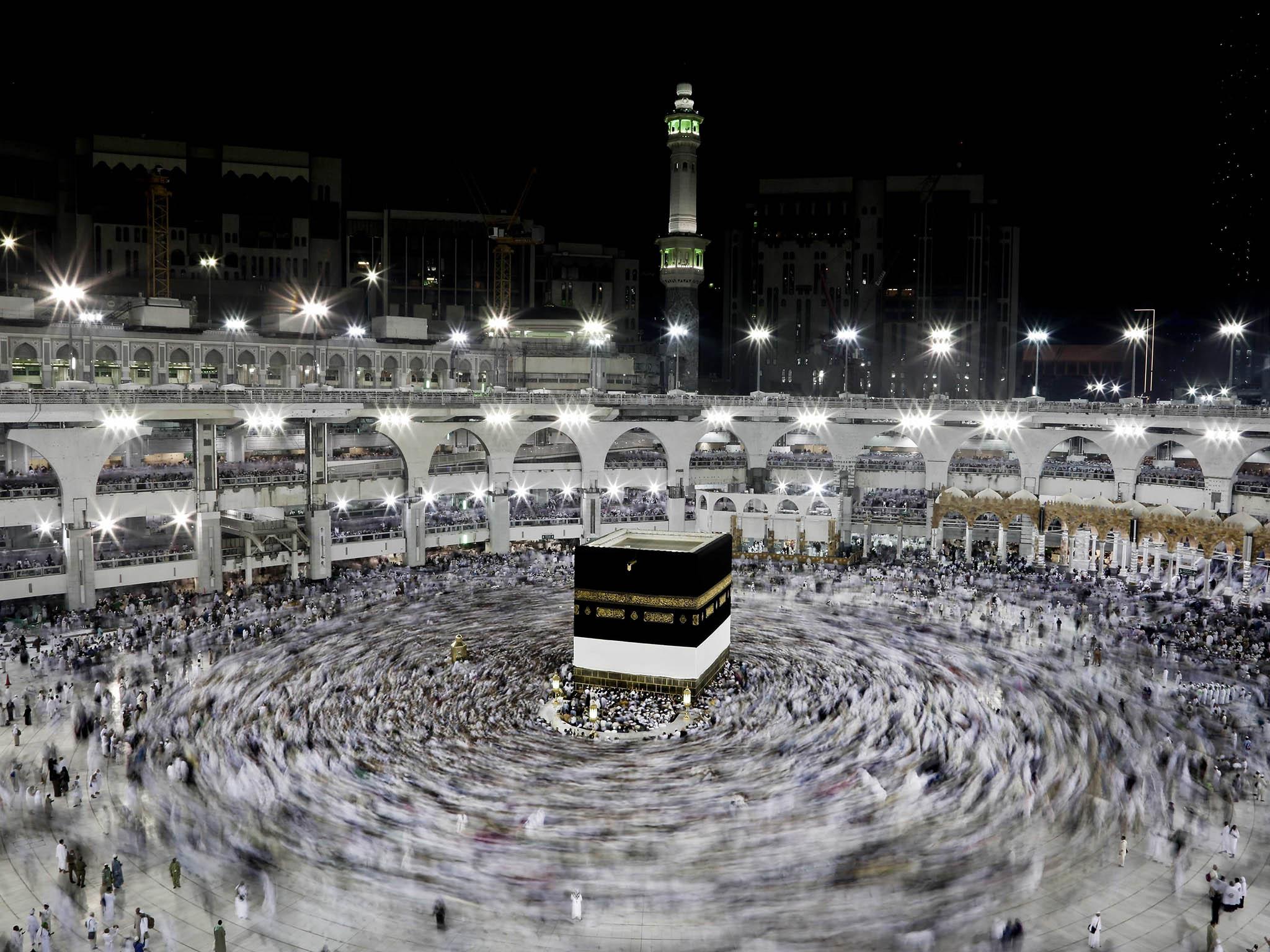
Your support helps us to tell the story
From reproductive rights to climate change to Big Tech, The Independent is on the ground when the story is developing. Whether it's investigating the financials of Elon Musk's pro-Trump PAC or producing our latest documentary, 'The A Word', which shines a light on the American women fighting for reproductive rights, we know how important it is to parse out the facts from the messaging.
At such a critical moment in US history, we need reporters on the ground. Your donation allows us to keep sending journalists to speak to both sides of the story.
The Independent is trusted by Americans across the entire political spectrum. And unlike many other quality news outlets, we choose not to lock Americans out of our reporting and analysis with paywalls. We believe quality journalism should be available to everyone, paid for by those who can afford it.
Your support makes all the difference.In Saudi Arabia, close to 2 million pilgrims performed on Monday one of the final rites of the Islamic hajj pilgrimage, the symbolic stoning of the devil, as Muslims worldwide marked the start of the Eid al-Adha holiday.
The rite takes place in the Saudi valley area of Mina, where a crush of crowds and stampede killed more than 2,400 people during last year's hajj, according to an Associated Press count.
On Monday, younger pilgrims helped their parents, some in wheelchairs, make their way toward the massive multi-story Jamarat Complex in Mina where pilgrims cast pebbles at three large columns.
It is here where Muslims believe the devil tried to talk the Prophet Ibrahim out of submitting to God's will.
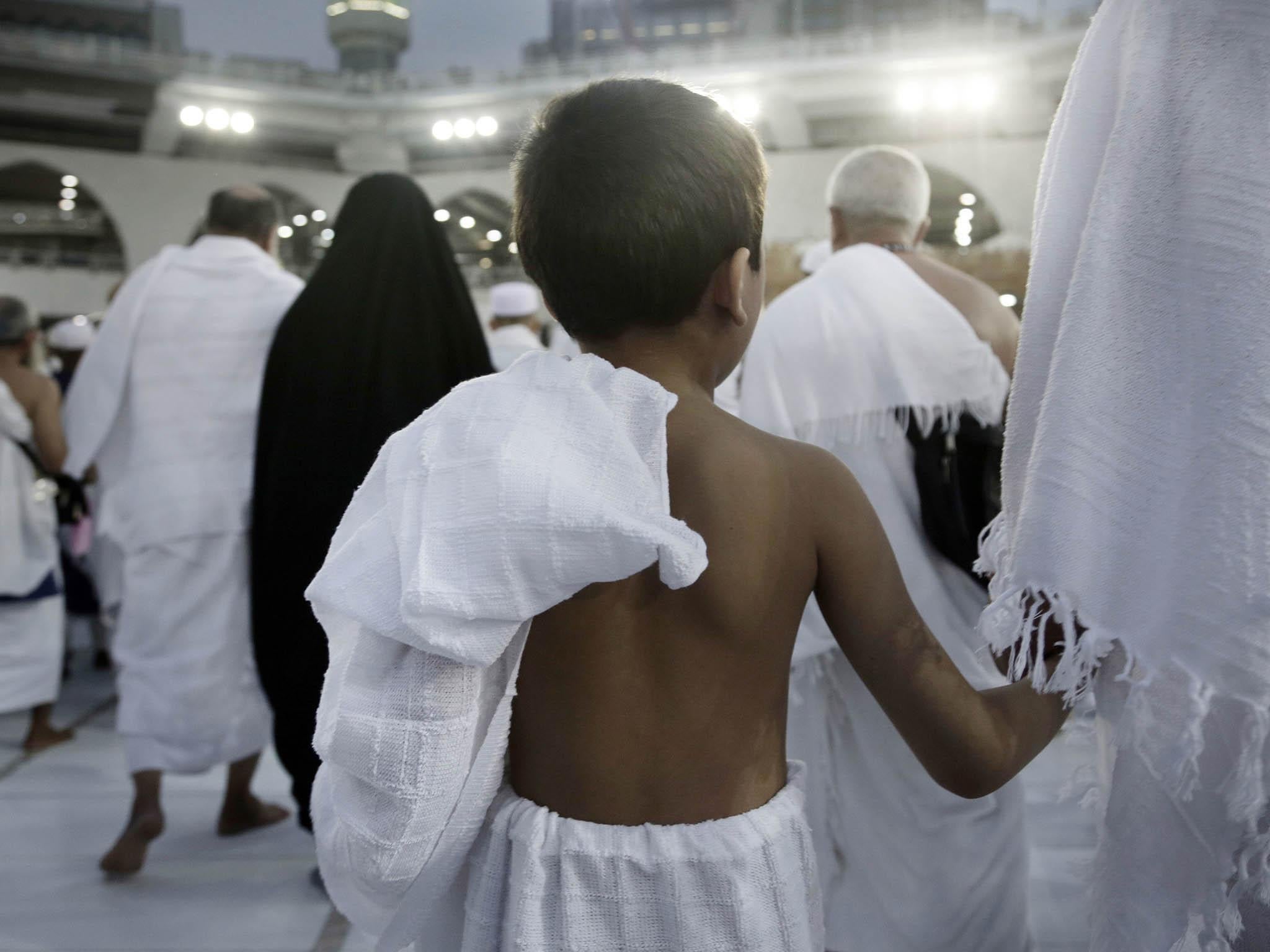
Most pilgrims will remain in Mina until Wednesday, performing the stoning ritual for three days and sleeping in tents at night before completing the hajj.
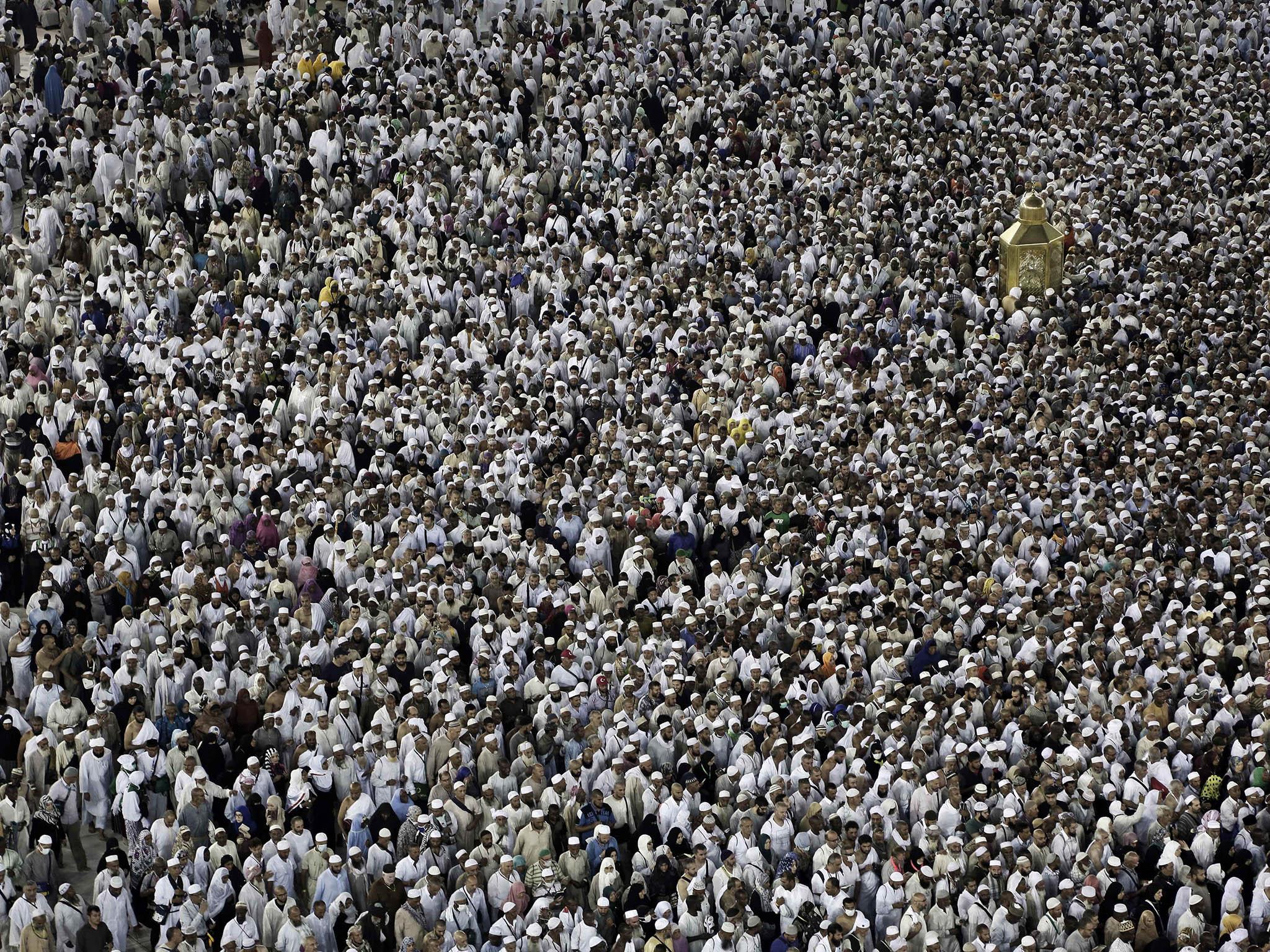
The five-day-long hajj is a series of rituals meant to cleanse the soul of sins and instill a sense of equality and brotherhood among Muslims. All able-bodied Muslims are required to perform the hajj once in their lives.
While following a route the Prophet Muhammad once walked, the rites are believed to ultimately trace the footsteps of the prophets Ibrahim and Ismail – Abraham and Ishmael in the Bible.
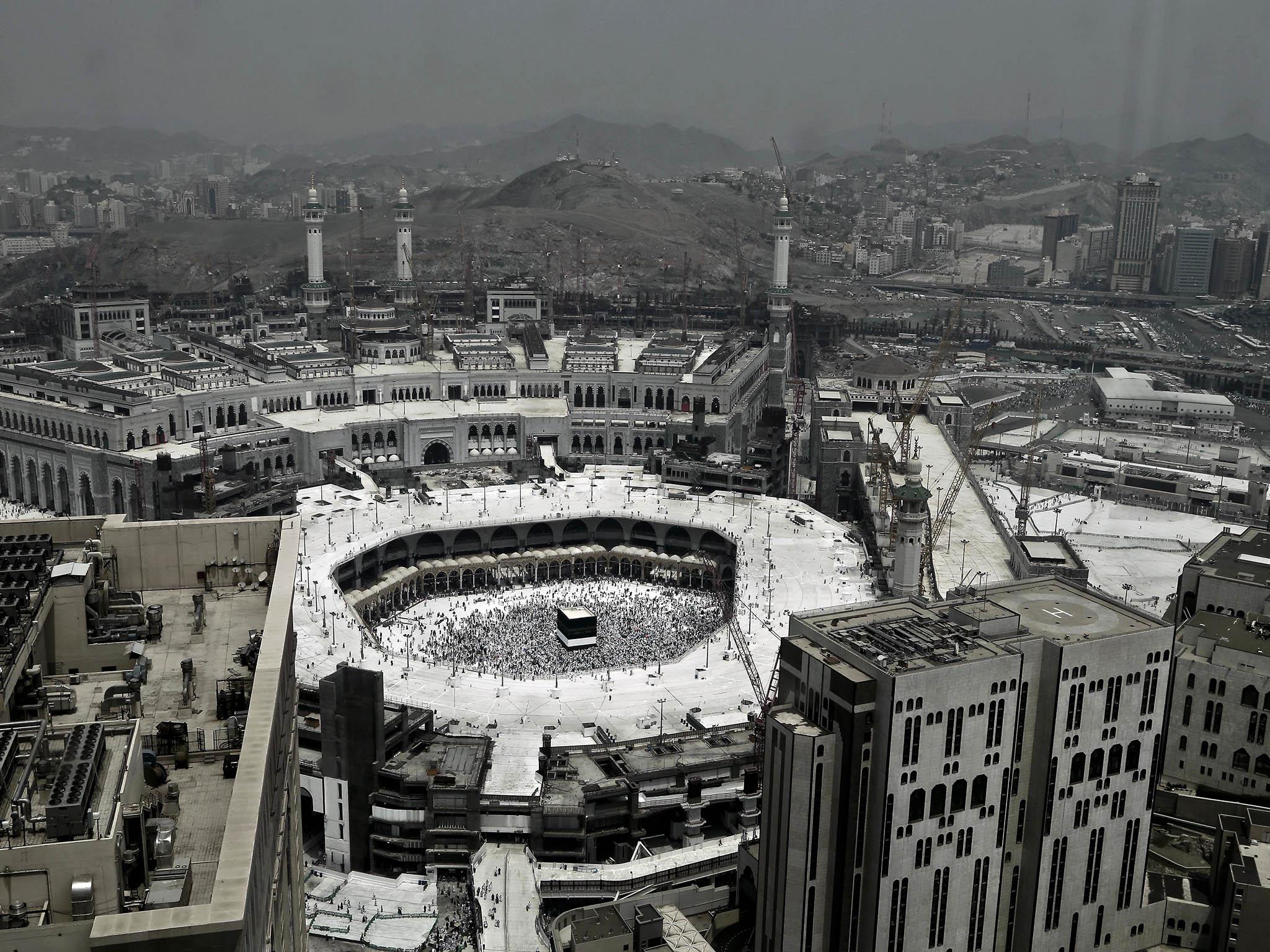
Over the years, the Saudi government has spent billions of dollars to improve the safety of the pilgrimage, particularly in Mina where some of the deadliest incidents have occurred, including last year's tragedy.
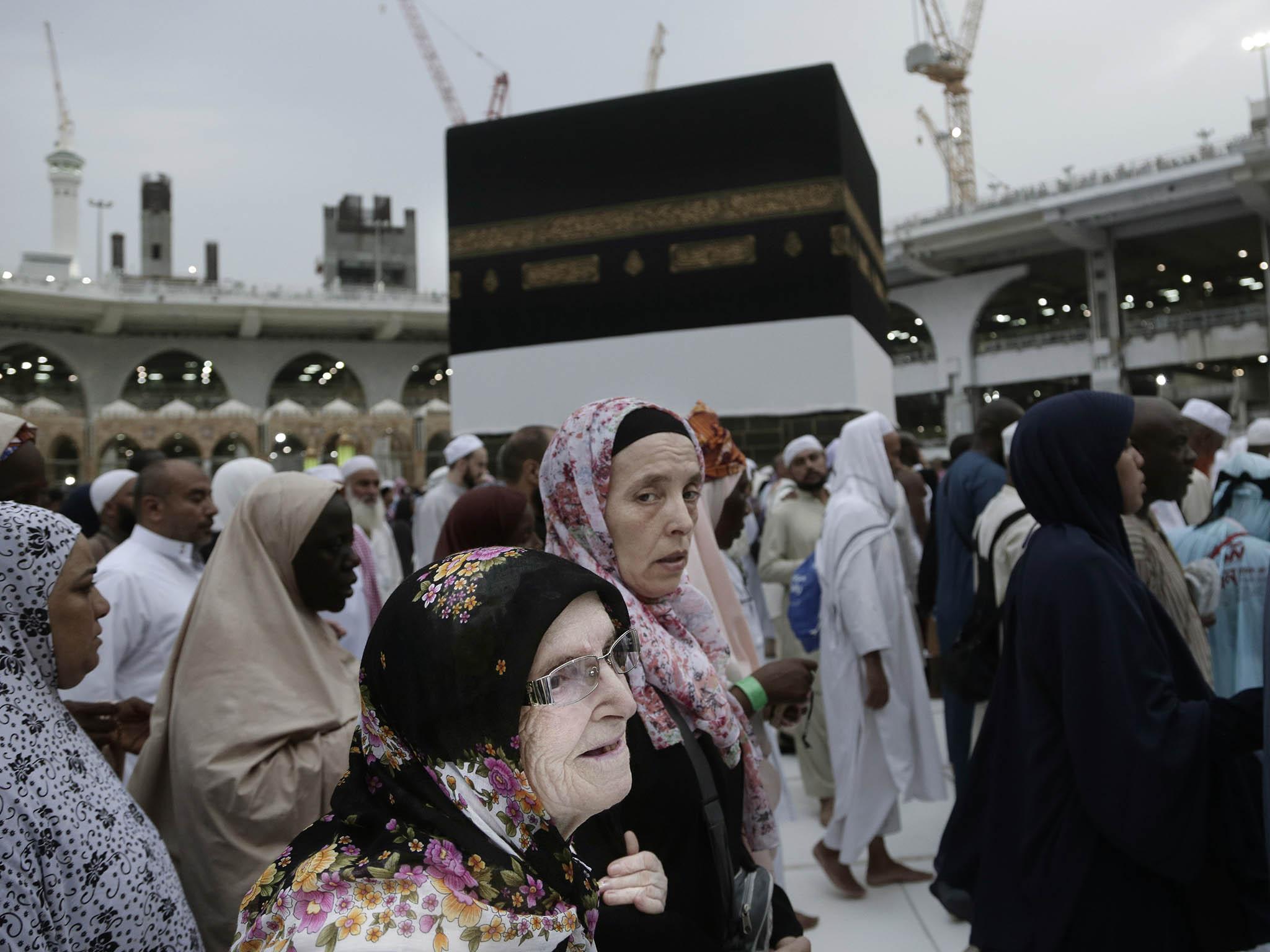
Since then, Saudi authorities have widened narrow streets in Mina that lead to the large pedestrian paths around the Jamarat Complex. Banners in the street advised the massive crowds to “avoid overcrowding and pushing.”
Muslims believe Ibrahim's faith was tested when God commanded him to sacrifice his only son Ismail. Ibrahim was prepared to submit to the command, but then God stayed his hand, sparing his son. In the Christian and Jewish version of the story, Abraham is ordered to kill his other son, Isaac.
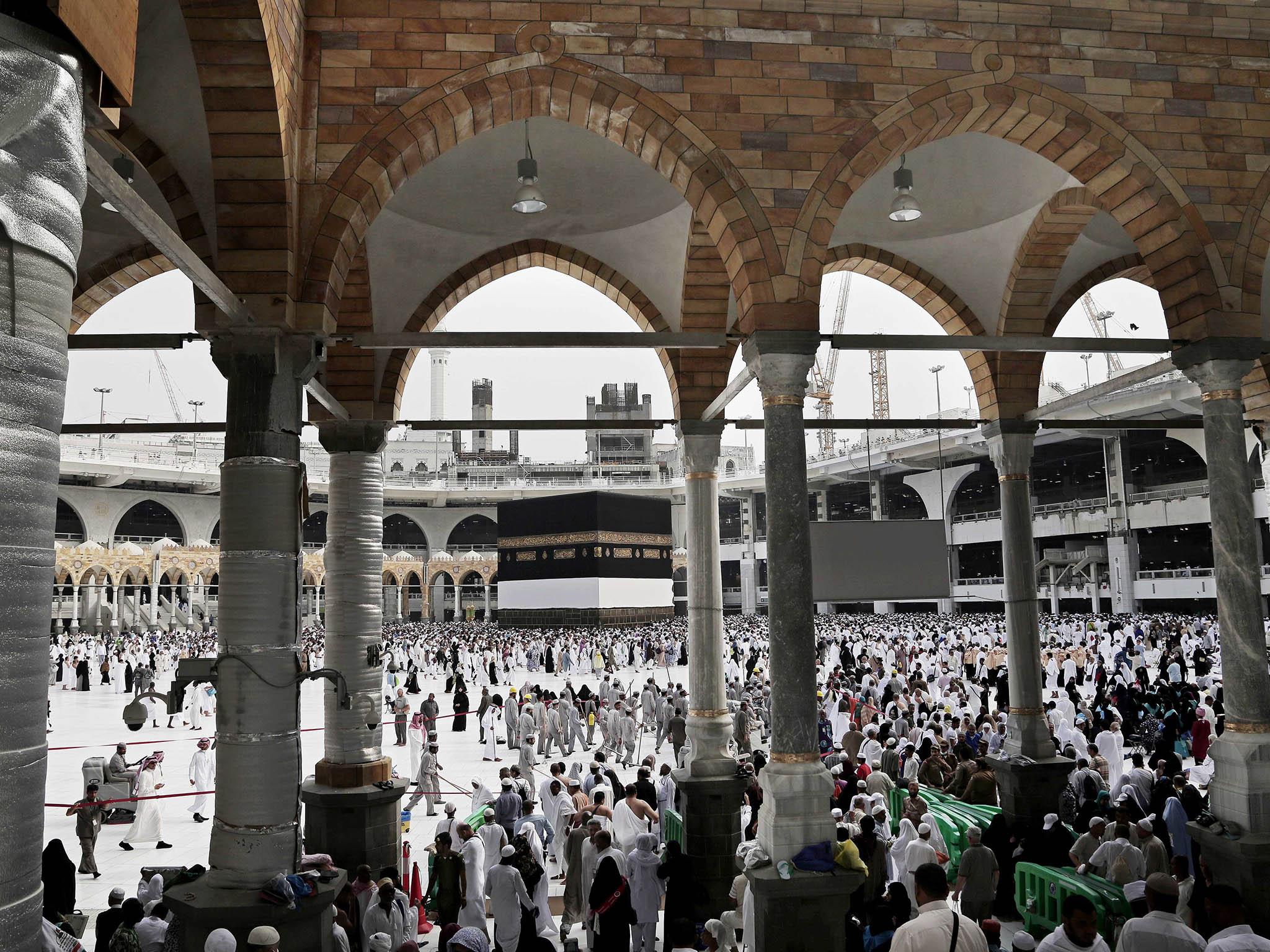
The final days of hajj coincide with Eid al-Adha, or “Feast of Sacrifice,” to commemorate Ibrahim's test of faith. For the holiday, which ends on Thursday, Muslims slaughter livestock and distribute the meat to the poor.
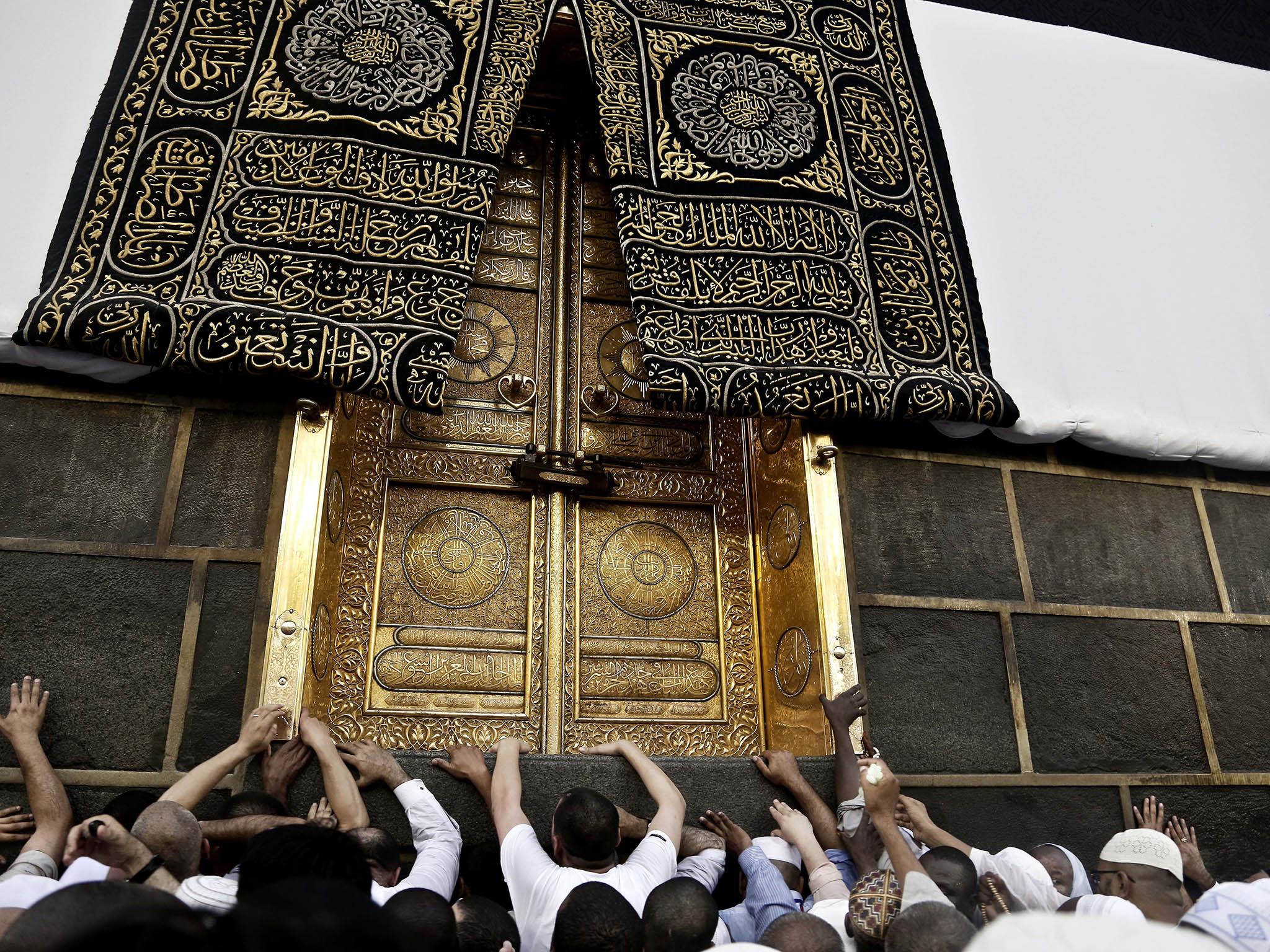
During the last three days of hajj, male pilgrims shave their heads and remove the terrycloth white garments worn during the hajj. Women cut off a small lock of hair in a sign of spiritual rebirth and renewal.
Pilgrims also circle the cube-shaped Kaaba in Mecca, Islam's most sacred site. The Kaaba represents the metaphorical house of God and the oneness of God in Islam. Observant Muslims around the world face toward the Kaaba during the five daily prayers.
“You realize the mercy of Allah, that we are here to seek his forgiveness and that this hajj, God willing, will make a change in my life where I can change and become a better Muslim,” said Canadian pilgrim Assad Yakoub.
Join our commenting forum
Join thought-provoking conversations, follow other Independent readers and see their replies
Comments